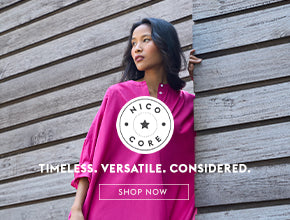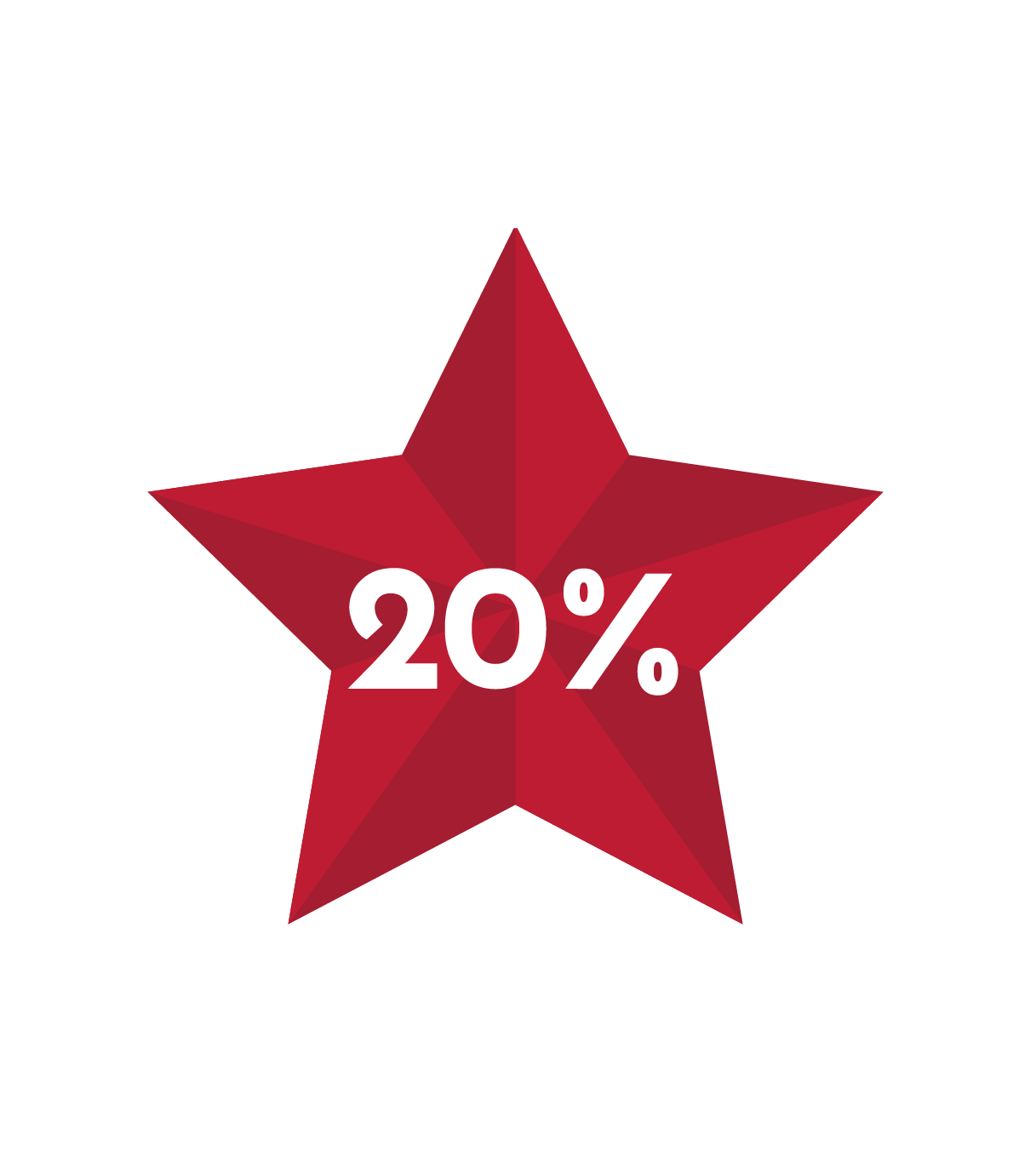Indian Threads
Think of mainstream Indian fashion and chances are images of Western wear or heavily embellished wedding lehengas come to mind. Yet far from the bling a few Indie brands are forging a quiet revolution with heritage weaves and designs. With a growing awareness by customers on the need to support labels that practice fair pricing and source ethically-produced and environment-friendly clothes, there appears to be a revival of sorts of the handcrafted and handspun. Plus it doesn’t hurt that the designs are both modern and tasteful. Spurning machine-made merchandise today’s handloom entrepreneurs are going back to the basics in a bid to reconnect to their sartorial roots.
Nicobar
Dynamic, authentic and young; Nicobar has edged out brands who had a first-mover advantage. The focus has been to create a brand with a deep purpose, passion and patience while nurturing a culture of creativity and collaboration. In conversation with Co-founder and CEO Raul Rai, we find out just what Nicobar is all about.
Q. In a short span of 2 years, Nicobar is giving its competition a run for it’s money. What do you credit this to?
A. We have just started and are at the infancy of our journey, which I hope lasts a long time. Nicobar for us will always be a dynamic work in progress—always striving to change, reflect the times and become better. What’s important at this stage is a good, steady beginning with strong foundations— even if it’s quite distant from how we define ultimate success. Success for us will be if we manage to shape culture and we have barely begun; we are extremely happy to be recognised but ultimately, time will tell, if we have managed to shape culture; if we have been able to create a new global aesthetic, rooted in ‘Indianness’ but at home everywhere.Q. What is Nicobar’s biggest asset?
A. Our distinct design aesthetic. It’s relevant to today’s consumer. A guiding principle for us came from one of our advisors, Prof Raman, who told us three years ago, “Out of chaos comes revenue and out of discipline comes profit. Remember you are in the stage of chaos, just focus on creating a product that customers love at this stage.” So we embraced chaos because creative environments require some chaos.
Q. Purpose?
A. Creating a modern Indian way of living, dressing and looking at the world. The ‘looking at the world’ part excites us the most. We are trying to capture India not just at a physical level but also at the mindset level. Articulating this has been very grounding for all our endeavours.
Q. Passion?
A. We love what we do and we only design products we’d love to use ourselves today, and which will be as relevant in the next 3-5 years. We are about timeless style not trends.
Q. Patience?
A. We believe in doing few things and doing them really well, even if it takes time. We took 18 months to launch. We take decisions based on asking ourselves if it’s good decision not only for this year but over a period of 5 years. We opened our fourth Jodhpur, because we are very passionate about the current influence on the regeneration of Jodhpur.
Q. Culture, Creativity & Collaboration?
A. We wanted to create a culture where creativity is nurtured and thrives; combined with a spirit of collaboration. If we create the right culture and right values, we will do the right things— even though we may not be able to imagine what all the right things are. I believe we have brought together an amazing team and hopefully created a culture that helps our teams to produce their most creative work to date. I feel lucky that so many individuals have put their faith in us. We have a fabulous set of advisors—Santosh Desai for brand, Ireena Vittal Ex Mckinsey for Consumer & Retail and Prof Ananth Raman from Harvard Business School for Supply Chain.Another lens to look at is how we approached building Nicobar—deep focus on the brand experience. The brand manifests itself primarily through four routes. In each sphere, we are lucky to have very strong creative leaders.
Q. Community?
A. We are in the early stages but we have started curating events in our studio & stores which will hopefully become the Nicobar community— music, styling events, Kommune story telling etc.Q. A store with extensions—a cafe, a reading section, and area for performances. Details please.A. Nicobar always thinks about culture and commerce together. That’s why our stores hopefully are destinations not just for shopping but where interesting things happen. We want you to linger, to relax—even if you don’t shop. It’s meant to be an oasis in urban jungles. In places of culture people often don’t spend money, they spend the most precious currency we all have—time—in exchange for being enriched in culture—and that’s the Nicobar culture we are talking about. Right from the beginning we have had a very active NicoJournal as part of our digital experience, which always makes me smile and think—which is what we hope Nicobar can do in people’s lives.
Q. Product vs. Experience?
A. We think about experience vs. product. Product is the starting point—without great product, you have nothing. However, the aspiration is to surround a great product with emotionally engaging content, stunning visual merchandising, a sensory experience through fragrance and music in the stores and most important of all human connections in customer service. We even have our own Nicobar signature Cocktail.
Q. The focus on e-commerce has given the brand an edge. How important is e-commerce in this segment?
A. Design and digital have moved from being peripheral to being at the centre today. Design and digital thinking is Nicobar’s aspired way of being. Our culture and people focus led us to build a “team crazy about design or digital—hopefully both”.E-commerce accounts for about 25-30% of our revenue. For a brand like us, the touch and feel of the product and the interaction with our teams goes a long way to building trust. So we are finding, there are a lot of people who first experience us offline and then come back. About 22% of our guests have bought both online and offline. Almost 80% of our customers who come to our stores have already discovered us online, or through friends. We love data but we allow our judgment to override data many times!Distinctions between online and offline are becoming blurred. Brands like Ralph Lauren were built offline and Warby Parker started out online. But the future is for brands that embrace both. Therefore it is very important for Nicobar to have a strong omni-channel DNA. We launched online and our Mumbai store simultaneously. Today over 25% of our online orders are fulfilled in whole or in part in store. People want to touch and feel; we are focused on merging physical experiences with a digital platform and aspire to be a human centered digital brand. People mistake online for just the website. It’s a mindset, a way of working and being to experimentation, learning and iterating.
Q. Make in India or Indian aesthetics?
A. Nicobar is rooted in India but not limited by it. We represent the modern India which is proud of its past and is now looking at a way to express it. Now is the time not just for intermingling of cultures but interdependence on each other.



















